Carve out time to take part in professional development and it’ll soon become an ingrained part of your practice
It hardly needs to be said that science teachers are very busy people who are asked to do many things. One essential aspect of the job is staying up to date with subject knowledge and the latest in best practice teaching methods. These are so important that they are strongly emphasised in the standard for teachers’ professional development in England. They are also written into the professional update cycle for Scottish teachers. Yet teachers are often given little off-timetable time to do this. So, what are the ways teachers can stay up to date and are some more effective than others?
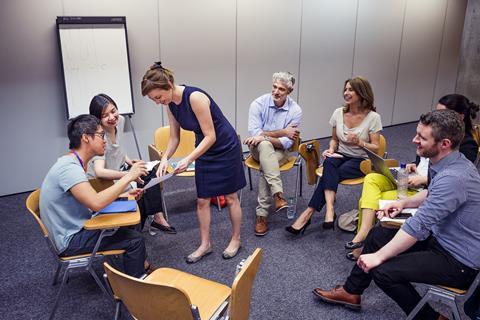
A common first thought when asked to consider your professional development is to attend a one-day course from a professional provider. The nice lunch and day out of school can seem appealing but, without proper follow-up, these courses can have limited impact. The material can be quickly forgotten and it is rarely cascaded to colleagues. Effective professional development needs to be done over time, with a sustained rhythm. It should give opportunities to discuss practice and allow time for reflection. It should then move on to allow modifications to ongoing practice through iterative changes.
Conducive environments
Schools can and should play a central role in supplying the required provision and support. A good teaching and learning lead teacher can set the agenda and create the necessary rhythm and momentum. Selecting appropriate activities for in-school training and curating research and articles for wider dissemination are crucial. Continuous dialogue within a school can be created through short lunchtime meetings to discuss an idea for example, or setting up a reading group to share current research. The key here is for the provision to be regular and low stake; creating an atmosphere where people are free to experiment and not feel judged. Whole school provision is generally more geared to teaching methods rather than subject knowledge. However, departmental meetings should devote time to discussing the more science related issues and not just departmental admin.
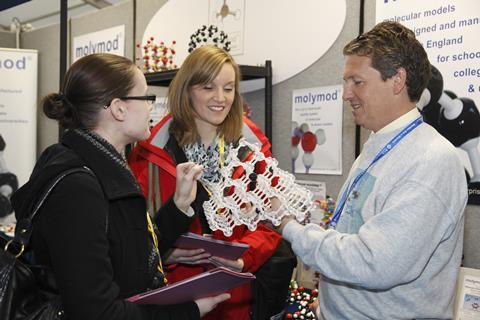
Teachers do need to take responsibility themselves though and can’t expect everything on a silver platter. In recent years, many have found Twitter to be an excellent resource for professional development. It is not uncommon to see teachers on Twitter saying it’s the best CPD they have ever done. By carefully selecting people to follow you can get a constant feed of educational blogs, links to research, useful resources, conversation between chemistry teachers, thoughts from academics and educational influencers. Just 15 minutes spent browsing can throw up something interesting. If you look regularly for short periods you’ll see ideas developing, read different viewpoints and engage in discussion. It is possible to get a lot from being a passive observer, but it is also a good place to make connections and networks through joining in.
Sources for courses
When looking to update science specific knowledge and teaching there are some important providers of courses and journals. The national STEM Learning network has a huge range of courses on diverse subjects from assessment for learning, and technology in practical work through to cognitive science. Some are face-to-face, while others are online; many of them build over time to help create that momentum. The Royal Society of Chemistry and the Prince’s Teaching Institute also offer a range of subject specific courses, including ones for new teachers and for non-subject specialists. And don’t forget the humble magazine. When looking to keep up to date with the latest in your subject, a regular browse is still one of the best ways. Chemistry World, New Scientist and, of course, Education in Chemistry are useful sources of what is happening. They all come in digital formats as well for those who prefer their material on screen.
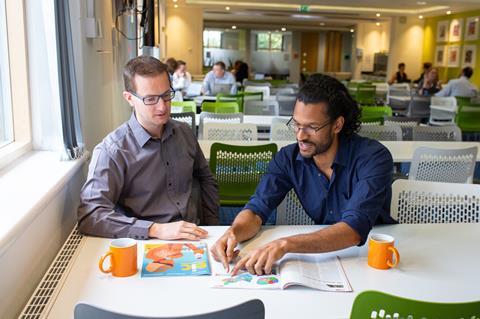
If you can spare the time, attending education conferences can be a real boost. Although one-off events can have limited effectiveness, they can still be a lot of use if an event backs up existing areas of development. The Association for Science Education (ASE) annual conference, for example, is the largest science education CPD event in Europe. It provides such a huge range that it is easy to fill a couple of days with useful lectures, workshops and discussions. Whether it is a workshop on knowledge rich curriculums or a discussion on exam strategies or effectiveness in practical science, there is something for you. Similarly, throughout the year there are other conferences from the ASE, as well as the RSC and researchED. These also provide excellent opportunities to network with other teachers. A simple conversation with another teacher can often be effective in developing practice and can sometimes lead to ongoing collaboration.
Unfortunately, time and financial barriers can restrict some of these options. Schools can be reluctant to let you have the time off and to pay, and you can feel guilty about leaving your classes. This often leaves teachers paying for CPD events taking place in their own time. However, choosing activities closely linked to school or departmental development aims can help justify the absence from school. And remember – your professional development is as beneficial to your employer as it is to you.
While barriers may exist for some of these activities, hopefully using a few of them will keep you up to date. If this can be done in a supportive collegiate environment, keeping to a sustained rhythm, with time for reflection, then real progress can be made.





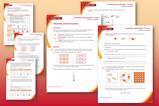
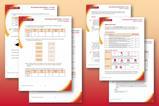
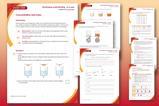






No comments yet